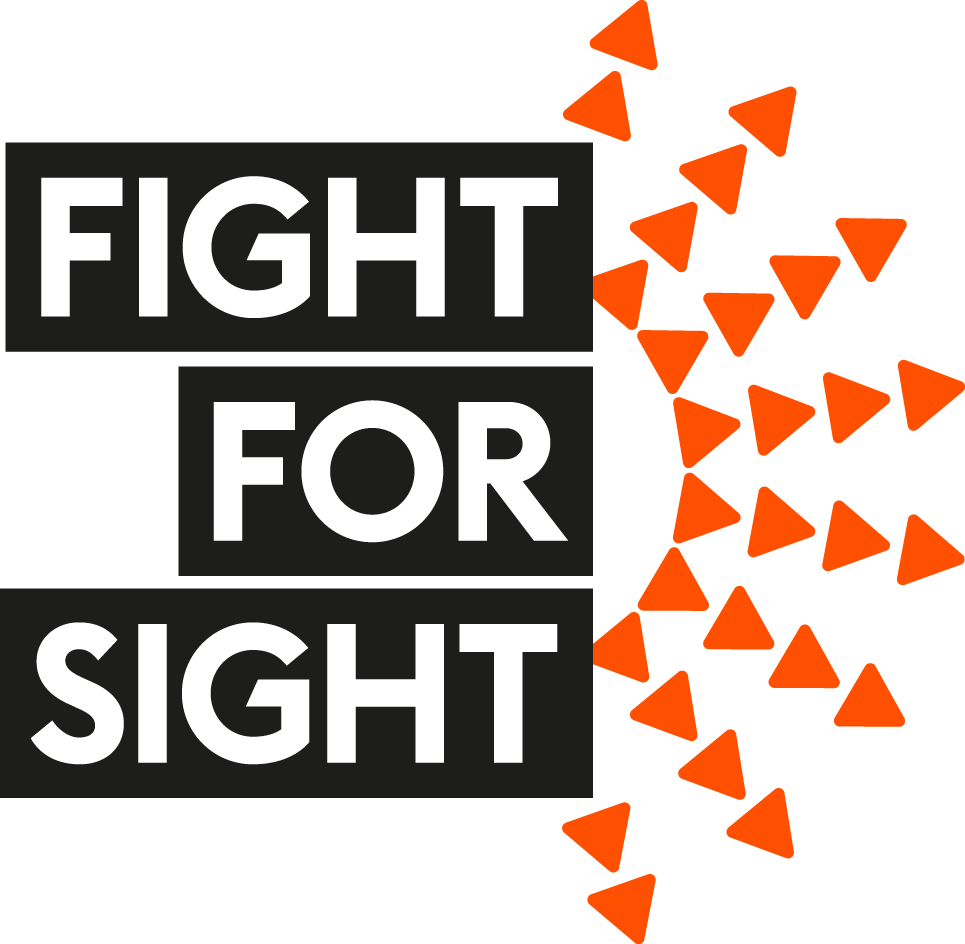Latest information and advice for people with eye conditions during the Covid-19 pandemic

We have partnered with RNIB, Guide Dogs, Visionary, VICTA, Fight for Sight, Vision UK and the Macular Society to bring our supporters answers to some of the most frequently asked questions around coronavirus and eye conditions.
When will I receive the coronavirus vaccine?
In England, the NHS is now advising that anyone who is over 50, in the extremely clinically vulnerable group or who works in health or social care should book a test by either ringing their GP or 119 or booking through the online portal.
In Wales, if you are over 70, in the extremely clinically vulnerable group or who works in health or social care, you should follow the instructions on the gov.wales web page to contact your local NHS or call your GP.
In Scotland, the advice remains to wait until you are contacted by NHS Scotland. Updated information for Northern Ireland can be found on the HSC NI website.
My cataract operation has been cancelled, what do I do?
Delays in routine surgery for cataracts due to coronavirus could mean that if you are waiting for surgery, your wait will be extended.
To reassure you, a delay in surgery for cataracts does not put your sight at risk permanently. Cataracts do not cause permanent loss of vision and a delay of several months would not mean you are at a higher risk of complications or that the result will not be as good as it would have been.
I’m supposed to have an injection, but I’m worried about attending the hospital. Should I still go?
Yes, unless you have been notified by your consultant not to attend or you are displaying coronavirus symptoms. If you are displaying symptoms, or have been in contact with someone who has, follow the government advice and call 111 but make sure they are aware that you are due for an essential injection too. If you can, let the hospital know you are unable to attend.
Hospitals are aware of the risks of the virus and are following strict cleaning protocols. Injections are a surgical procedure carried out in clean rooms; all staff are compliant with infection prevention. The hospital will not be deliberately or lightly putting you at risk.
How do I get access to my medication?
If you need access to medication during the pandemic, call your doctors surgery directly as they will advise on the best local service they can provide to you to ensure you receive your medication. Each surgery will have different prescription timeframes.
There are also a number of online pharmacy delivery services that can enable you to continue to receive your prescription without visiting the doctors surgery or pharmacy. The NHS website has further information.
I've had a procedure, do I need to attend my post op appointment?
Yes. Unless you have been notified by your consultant that this is not essential or you are displaying coronavirus symptoms. If you are displaying symptoms, follow the government advice and call 111 but make sure they are aware that you are due for a post op assessment too. However, you should have the telephone number of the department issued with your discharge letter, so if you are concerned please contact your consultant via this number.
Should I continue to use my eye drops during Covid-19?
Yes. If you are being prescribed drops for any eye condition, you should continue to use them as directed by your consultant. It is very important that you do not stop, as interrupting your treatment can cause problems with your vision.
We’ve all been instructed not to touch our faces and eyes to avoid infection. However, if you’ve been told to pinch the corner of your eyelid while putting your eye drops in, you should still be doing this as it is an important stage in making sure your drops are effective.
Before you start putting in your eye drops, it is really important that you wash your hands for 20 seconds using soap and hot water, as advised by the Government. As long as your hands are clean, then you are not going to cause infection while putting your eye drops in.
How do I practice social distancing if I have sight loss?
The government guidance is to maintain a 2-metre distance from those around you. If you are unable to gauge whether you are maintaining the recommended distance from someone outside of your home environment, you may want to implement the following suggestions:
- Make regular announcements letting others know of your proximity and that you are unaware of theirs
- Use your symbol cane when out and about so others are aware that you have sight loss
- Ensure to carefully wash/sanitise your hands before leaving your home and as soon as you return for 20 seconds to reduce the risk of spreading the virus to a minimum
- Avoid touching your face or touching anyone in your household and if you need to touch surfaces, ensure that you wash your hands with soap and water for 20 seconds.
If you are concerned about going out because of social distancing you can download a 'Please give me space' social distancing card or badge from GOV.UK. The badge is designed to notify those around you that you may have difficulties maintaining social distancing.
This article was originally published on 02/04/20 and updated on 30/03/21.


